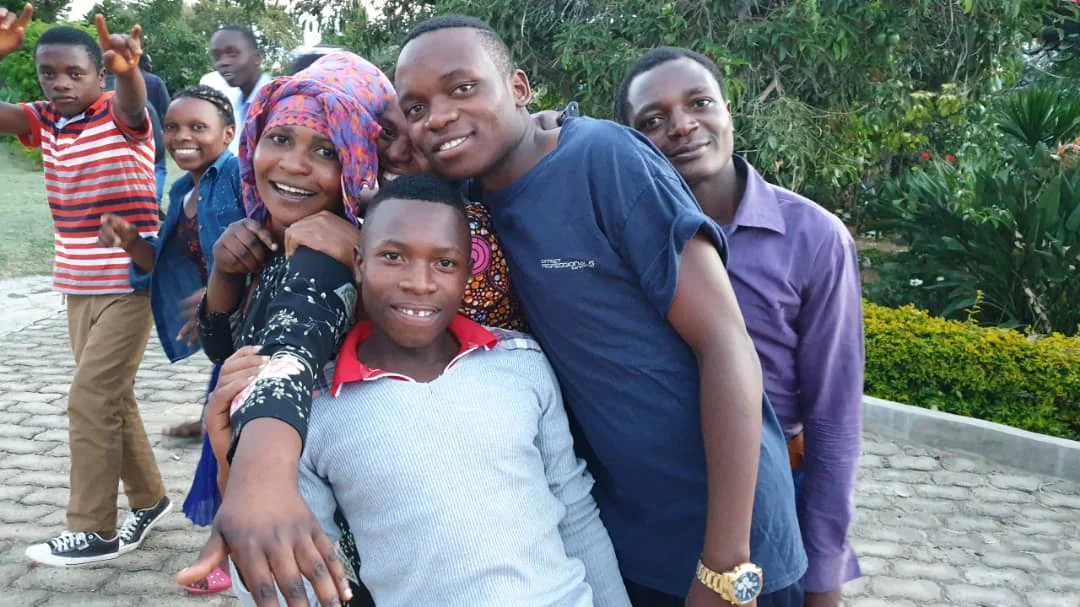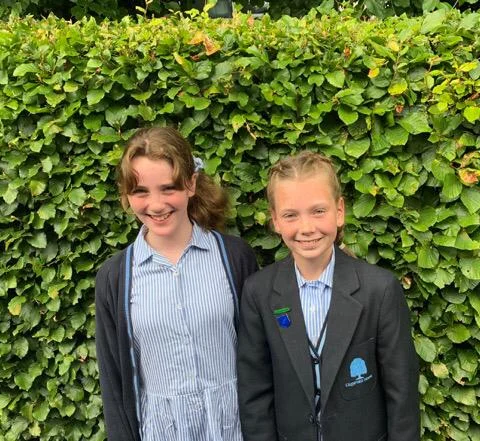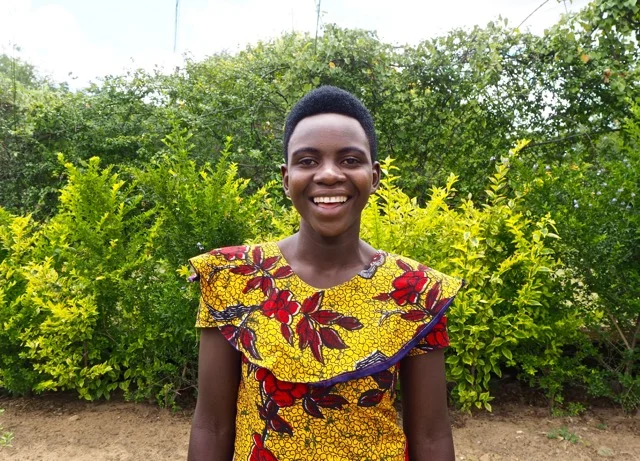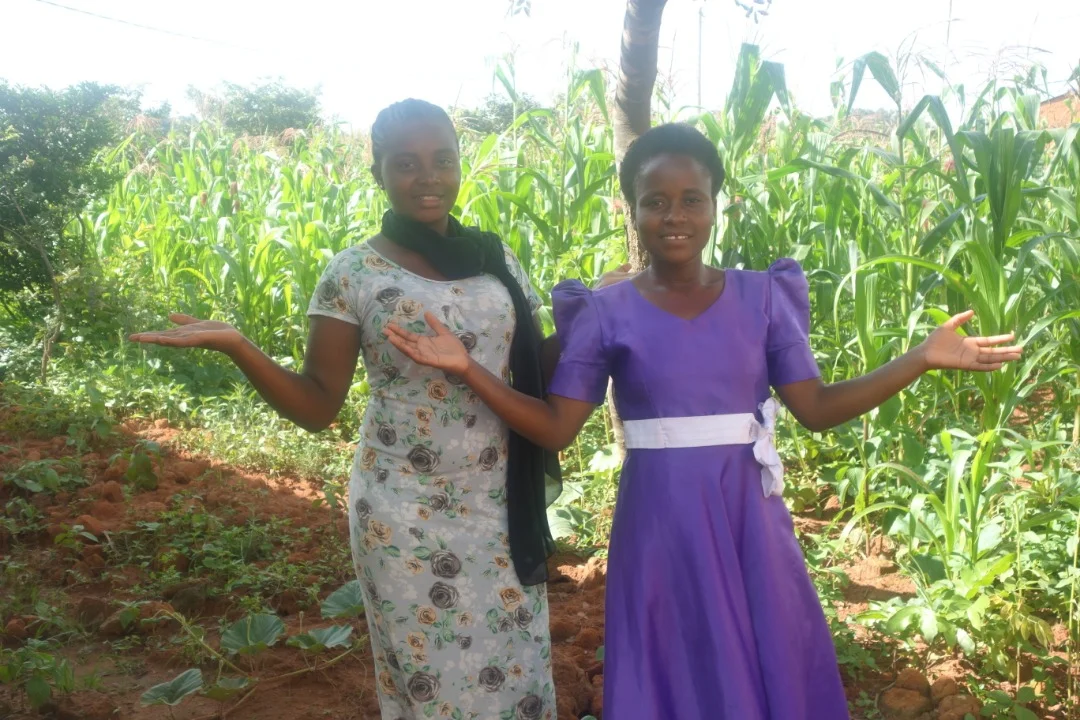Lyra is excited to today officially announce the approval and signing of a grant by FCDO (formerly the UK Department for International Development) for the expansion of our signature project ‘Improving Youth Livelihoods’ known as ‘Imarika Kijana’.
Foreign, Commonwealth & Development Office Minister Baroness Liz Sugg said:
“This new project will help thousands of young people in Tanzania to get the life and business skills they need to build a better future for themselves. I’m proud that we are supporting this Henley-on-Thames charity to help young people – especially women and people with disabilities – to provide for themselves and their families.”
Through the funding from the UK Aid Direct Small Charities Challenge Fund (SCCF), Lyra will be able to scale the project to benefit 2,000 rural based youth during the two year program, starting on 1st May 2020. This project aims to meet the needs of out of school youth by addressing the acute need for entrepreneurship training and an understanding of finance.
The project will provide:
• Training in Business and Entrepreneurship Skills
• Training in Digital technology for Business
• Exposure trips to businesses and pairing of our students with business mentors.
• Training in formation and running of Village Savings and Loans Associations (VSLAs)
In July 2018 Lyra piloted the first Imarika Kijana project with 15 rural based youth. After a successful trial, Lyra expanded the program and has currently trained 210 rural based youth aged 15 - 28. Out of these, 58% are female, of which 33% are single mothers. Following training, more than 50% of the youth have started new businesses or expanded on their existing small businesses, mainly in poultry, agriculture, beekeeping, tailoring, and kiosks (small shops). In addition, seven Youth Savings and Loans Associations (YSLAs) have been formed, the first in September 2018. With a total of 109 members (61% women), the groups started with total savings of TZS 3.2million (£1,100) growing to TZS. 12million (£4,200) in 12 months.
The Lyra Imarika Kijana Program
Lyra’s central tenet looks at the rural Girl Child, promoting her education and entrepreneurship. Lyra’s mission is to create vibrant rural communities by improving the education and income for girls and women and supporting them to become part of the economy. Our aim is to keep rural girls in secondary school so they can finish their secondary studies, whilst improving girls’ access and quality to education and entrepreneurship.
One of the four pillars of Lyra’s model, the Imarika Kijana Program, is a scalable program for harnessing the energy and talents of young people not in education, 15 – 28 yrs, to enable them to become economically active, access financial services, and further their education. The model gives young people essential confidence, problem-solving skills and networks to drive innovation and lead the development of their communities. Traditional subsistence agriculture and businesses are not generating enough revenue to sustain a fast-growing population – both a challenge and an opportunity for young people if they can be supported to develop an entrepreneurial mindset. People with disability, who are normally disadvantaged, will be given an opportunity to fully participate and benefit from the program.
The Program focuses on delivering the Imarika Kijana Manual, which covers four main tiers:
i) The successfully tried-and-tested course called Grow Leadership and Enterprise (GLA) originally conducted by RLabs (www.rlabs.co.tz), a local enterprise, who have trained over 700 young people in urban settings through the GLA, where in addition to establishing successful and innovative businesses, participants report finding a completely different mindset as a result of the course. Many had lost hope after finding no employment opportunities after finishing school and didn’t know how to start their own businesses. RLabs is the main implementing partner for this part of the project.
ii) Digital Learning: introducing the participants to the power of technology and social media for businesses.
iii) Training in the VSLA methodology, adopting a well-established model from Care International. Lyra has so far trained community members to set up VSLAs to manage their savings and access loans which they use for developing businesses, investing in agriculture and businesses, paying school fees and improving housing. In addition to the seven YSLAs, Lyra currently has a network of 161 VSLAs (67% women), with about 4,000 community members and total savings of approx. TZS 950million (£ 310,000). We have seen a 3- to 4-fold increase in members’ incomes over the past five years.
iv) Business Mentorship: This combines two aspects, i) exposure visits to existing businesses in the region, where the youth can expand their knowledge on possibilities for new businesses, ii) business mentorship sessions, where owners and/or staff of existing successful businesses visit and hold sessions to all the training participants. Following these visits, youth grab opportunities around them using their available resources, such as land for agriculture, livestock keeping, poultry, cultural artefacts, business, etc.
We will be sharing news, pictures and videos from our training, so sign up to our newsletter or follow us on our social channels to keep in touch with news from the programme.

























